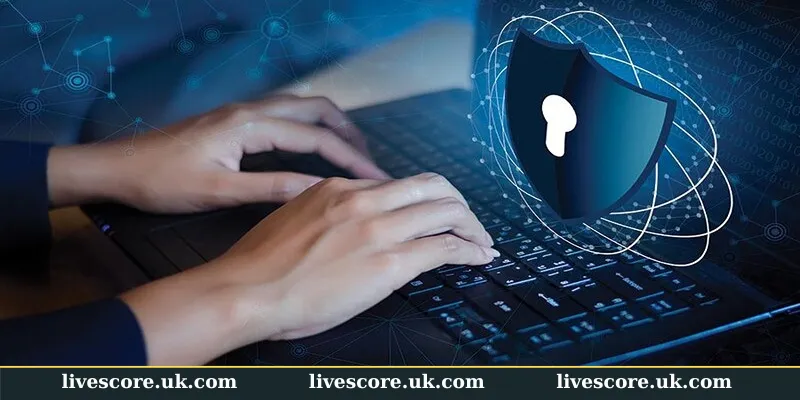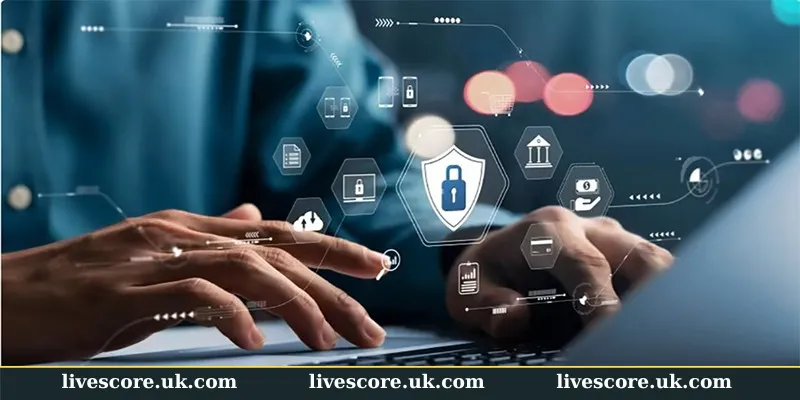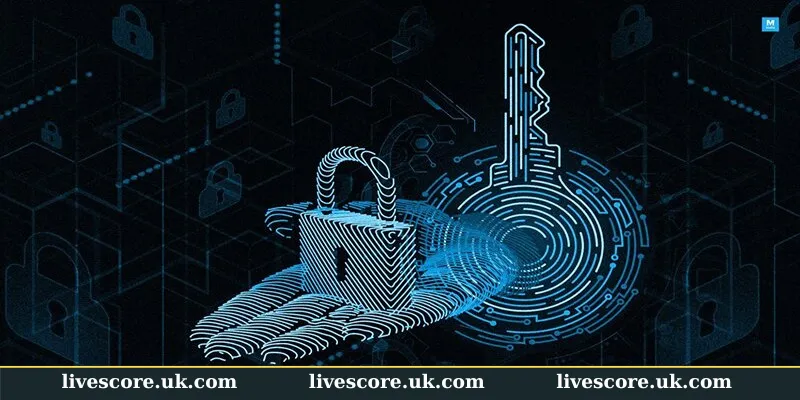Livescore Privacy Policy – What You Need to Know to Stay Protected
Livescore Privacy Policy is more than just legal jargo, it’s a clear roadmap that shows how your personal data is handled every time you use the platform. Whether you’re checking live scores or browsing match statistics, understanding this policy helps you stay informed and in control of your digital privacy.
What is the Livescore Privacy Policy
The livescore privacy policy is a legal document that outlines how Livescore collects, uses, stores, and protects your personal information. It’s not just a formalit, it’s a statement of trust. This policy ensures transparency between the platform and its users by detailing how data is handled behind the scenes.
If you’re using the platform, understanding its privacy terms is the first step to protecting your digital identity.
Why is the Livesore privacy policy so important?

In an age where personal data is considered digital gold, knowing what happens to your information is crucial. The livescore privacy policy serves several essential purposes:
- It explains what data is collected from users.
- It outlines the reasons for collecting such data.
- It reveals whether and how your data is shared with third parties.
- It highlights your rights regarding the control of your personal information.
Reading and understanding this policy equips you to make informed decisions about your data privacy.
What kind of data does Livescore collect?
Understanding what data is collected is a critical part of protecting your digital footprint. According to the livescore privacy policy, the platform gathers various types of information to ensure a seamless and personalized user experience.
Technical information
One of the primary categories of data collection outlined in the livescore privacy policy is technical information. Livescore may automatically collect details such as your IP address, browser type, operating system, device identifiers, screen resolution, and network provider.
This technical data helps the platform detect system compatibility issues, prevent fraudulent access, and optimize website performance across different devices. For example, knowing your operating system allows Livescore to adjust features to function smoothly whether you are on Android, iOS, or desktop.
User behavior data
Another essential type of information gathered is behavioral data. Livescore may track how users interact with the platform, what sports or leagues they prefer, how frequently they log in, the duration of their visits, and which pages they navigate most.
According to the livescore privacy policy, this behavioral tracking is designed to enhance user experience. For instance, if you regularly follow the Premier League, Livescore might prioritize those match updates on your homepage. This kind of personalization is only possible through detailed analysis of user activity patterns.
Cookies and tracking tools
Cookies play a central role in data collection. As specified in the livescore privacy policy, cookies and other tracking technologies help the platform remember your preferences and offer relevant content.
These tiny data files allow Livescore to recognize returning visitors, save your settings, and even deliver advertisements that align with your interests. You can usually manage cookie settings through your browser if you wish to limit or disable this tracking.

Contact details
If you opt to subscribe to newsletters, create an account, or comment on posts, Livescore may request personal identifiers like your name or email address. The livescore privacy policy ensures this information is collected transparently and only used for the purposes you’ve agreed to, such as sending match alerts or product updates.
How is your data used?
The way your information is utilized is just as important as how it’s collected. According to the livescore privacy policy, the data you share, either directly or through your interactions, is processed for multiple purposes, all aimed at enhancing both functionality and user satisfaction.
Personalized experience
One of the key reasons Livescore collects behavioral data is to deliver a more personalized experience. By analyzing the leagues you follow, the frequency of your visits, and your device preferences, the platform can prioritize the content most relevant to you.
Whether it’s faster access to your favorite teams or curated match updates, this tailored approach helps make every visit more efficient and enjoyable.
Service improvement
Another major use outlined in the livescore privacy policy is the optimization of platform performance. By studying how users navigate the site or app, developers can pinpoint areas that need improvement, whether that means reducing loading times, simplifying user interfaces, or fixing bugs.
This continuous improvement cycle ensures the platform evolves in line with user expectations.
Targeted advertising
With your explicit consent, Livescore may use collected data for advertising purposes. This means you’ll likely see ads that are more aligned with your interests and browsing habits, rather than random promotions. This targeted strategy benefits both users and advertisers by delivering more relevant messages.

Security and fraud prevention
Finally, your technical data plays a crucial role in maintaining security. As noted in the livescore privacy policy, information like IP addresses and device IDs helps detect fraudulent access attempts and ensures the platform remains a safe space for everyone.
Does Livescore share your data?
Yes, but with limitations. As described in the livescore privacy policy, data sharing occurs only under specific circumstances:
- With trusted third-party partners, such as analytics or advertising service providers.
- For legal obligations, when required by law enforcement or regulatory authorities.
- With your consent, especially for marketing or promotional partnerships.
- Importantly, Livescore assures users that their data is never sold to external entities.
Final thought
The livescore privacy policy is more than just a formality, it’s your first defense in the digital space. As a user, you owe it to yourself to understand how your personal data is handled, especially on platforms you interact with daily. Reading the policy gives you insight into what information is collected, how it’s used, and what rights you hold. It helps you become a responsible digital citizen who knows how to manage data consent and protect privacy.
